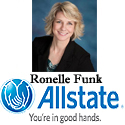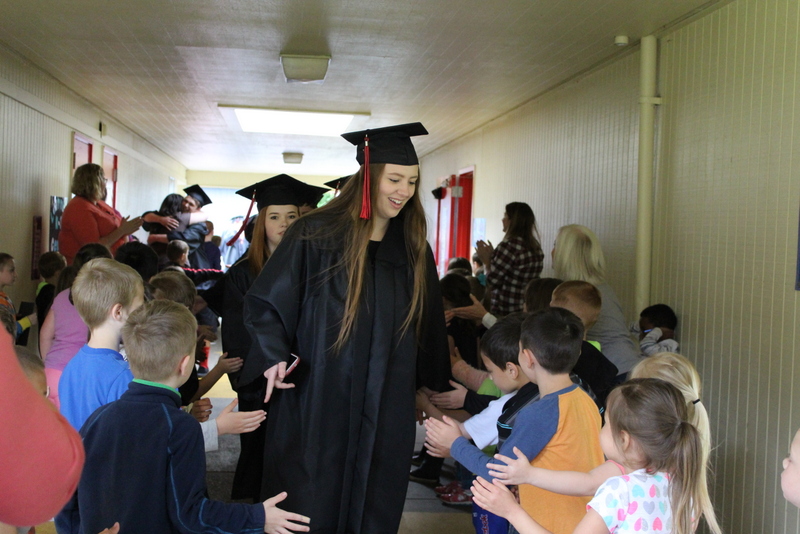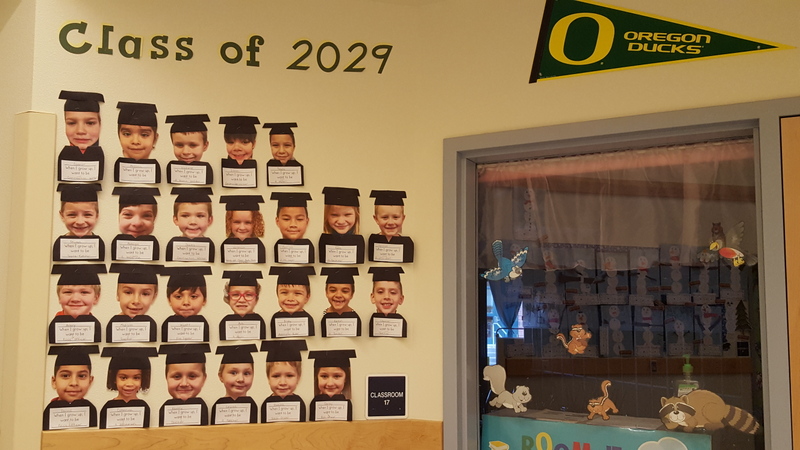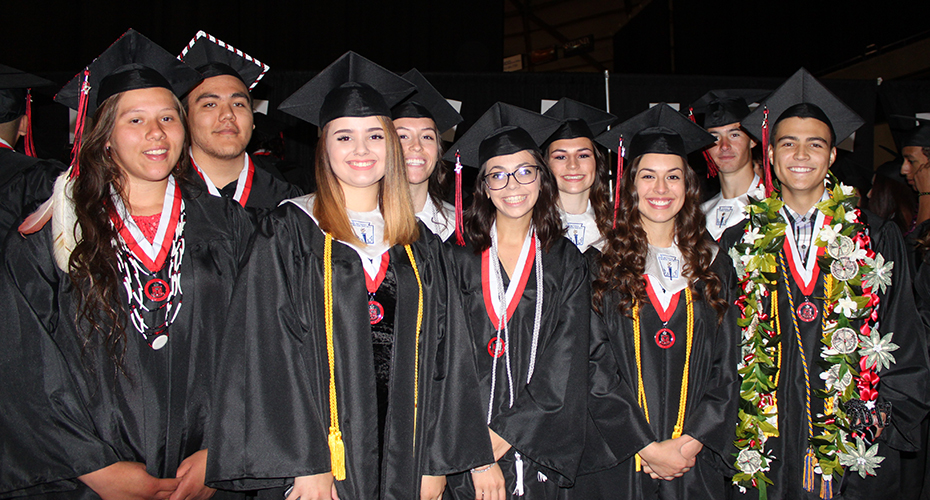Decked out in graduation caps and gowns, the high school seniors began their walk and the crowd, predictably, went wild. One difference? The audience was a group of elementary school students and the walk was down the hallway of their school. “In previous years, some students have gone back and visited their schools but this time, they took teams of students and visited all the schools in their caps and gowns,” says Teri Pablo, Career and Technical Education (CTE) Director at Yelm High School. “The younger kids got to see what that looks like.”
 The visits were part of a newly launched initiative known as Graduate Yelm!, which aims to create a 100 percent graduation rate from Yelm High School by beginning a focus on graduation in the elementary grades and involving local businesses and the community in the effort. The secondary aim is for everyone to have a plan for what happens next, and a clear path for how to achieve their goals.
The visits were part of a newly launched initiative known as Graduate Yelm!, which aims to create a 100 percent graduation rate from Yelm High School by beginning a focus on graduation in the elementary grades and involving local businesses and the community in the effort. The secondary aim is for everyone to have a plan for what happens next, and a clear path for how to achieve their goals.
The initiative is part of No Excuses University, a nationwide program that works with schools to increase graduation rates and create high levels of function. Since it began in 2004, No Excuses has developed a successful track record; the program is now implemented in hundreds of schools in 22 states. “The founder, Damon Lopez, took over an urban school in San Diego that was one of the lowest-performing schools in California, and it became one of the highest-performing,” says Yelm Community Schools superintendent Brian Wharton.
Yelm High School already has a strong graduation rate, but there’s still room for improvement, he says.“Even though we’re graduating kids at a rate higher than the state average, our matriculation into some of those other things like colleges, apprenticeships, trade schools, and the military lags behind the state average. There are barriers of geography because we’re a bit isolated and barriers to believing that college is affordable or that kids can get into apprenticeships or work transition programs. We think that by starting in kindergarten and carrying it all the way through twelfth grade, we now have the gift of time to work on this systematically. It’s about creating that belief system that, ‘Yes, I’m going to graduate.’”

At the elementary school level, teachers refer to students as ‘the graduating class of ___’, planting a seed in their minds. Classes adopt a college, hang pennants in the hallways and learn the school fight song. “We talk about college in elementary school because it’s developmentally appropriate for the kids,” says Wharton. “When they hit middle school, we start differentiating the different versions of what post-high school can look like.”
Middle schoolers also visit career and job fairs as part of developing their plan. “We’re exposing them to different things to help them align with what they’re good at and what they like to do,” Wharton explains.” In high school, signing day honors those who are accepted into the military, college or trade schools. “Those acceptance letters are prominently and publicly displayed,” he says. “It’s just that constant message that you can do this.”

The larger community also plays a role. YCS is in the process of developing a toolkit for businesses, churches and community groups who want to participate in the Graduate Yelm! program, including decals and posters as well as interview questions for businesses that hire high school students. “What if our students walk into a store and the cashier or the manager has the language to say, ‘Hey, what’s your plan? What are you going to do when you graduate?’” says Pablo. “The kid starts to realize that everyone is curious about what they’re going to do and that they care.”
For church and civic groups, the conversation is slightly different. “When a student makes a choice to go to college, join the military or go to a trade school, we’re trying to encourage churches to make it a formal opportunity for them to publicly express that,” says Wharton. “We also want to create mentors that can help them, both online and in person.”
In the No Excuses model, six elements need to be present: a culture of high achievement, collaboration, standards alignment, assessment, data management and interventions. Schools submit a formal application outlining their practices in relation to each of the criteria. Currently, the Yelm district has one elementary school that’s been accepted into the No Excuses network, with two more planning to apply in April and another two in the fall. “These principles are present in all nine of our schools now in some fashion,” says Wharton.

Parents who never graduated from high school themselves will have an opportunity to do so at no cost through a collaboration with South Puget Sound Community College’s High School 21+ program. “We did some surveys at Lackamas Elementary School and found there were a fair number of parents who wanted help getting their diplomas,” says Wharton. “We’re going to host a cohort in September.”
In the meantime, YCS will host a No Excuses Institute on June 25 and 26 for local school districts with the second day devoted to business and community groups. On January 9, the City of Yelm issued a proclamation formalizing the Graduate Yelm! partnership. “They’re committing to making graduation a big deal,” says Wharton. “The message is that we celebrate kids in this town. We want our realtors to say, ‘You’re coming to a community where every kid graduates.”
To learn more about Yelm Community Schools, visit www.ycs.wednet.edu or call 360-458-1900.


















































